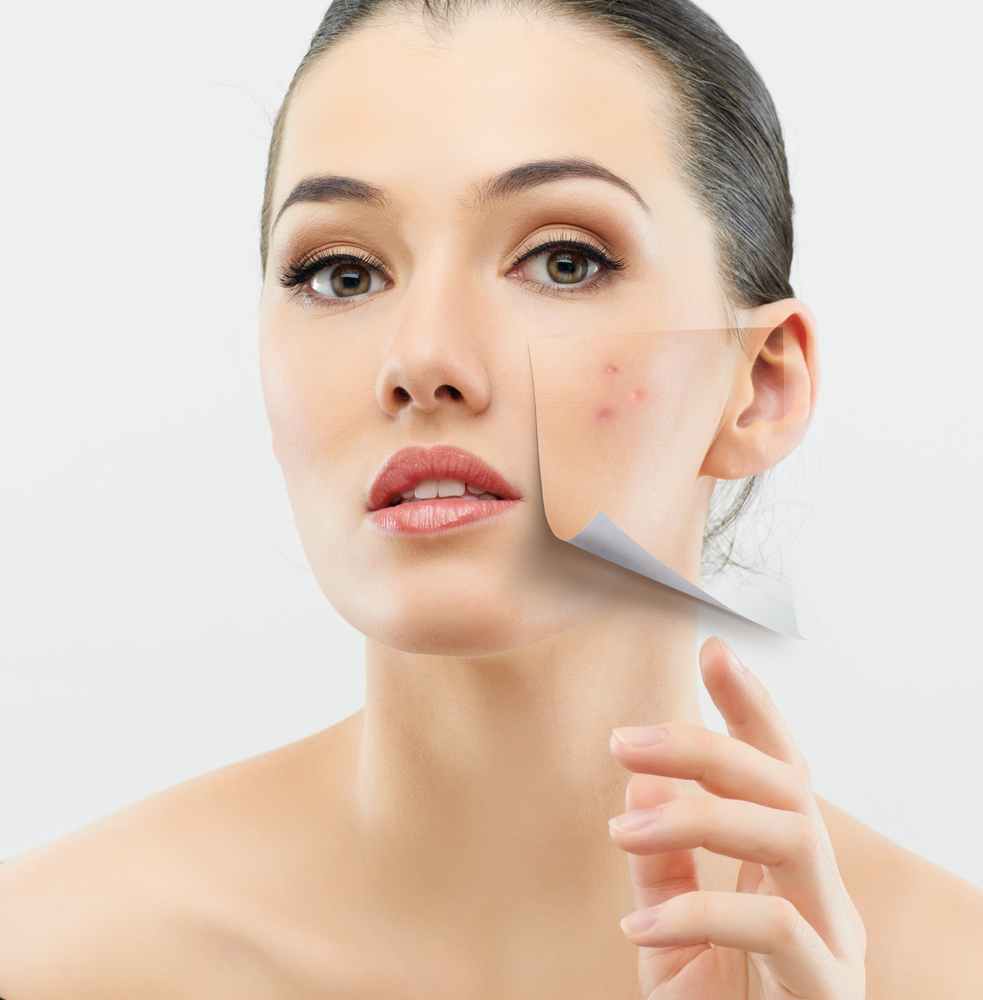

Affecting nearly 17 million people in the United States, acne is the most common skin disease. If you’re one of the millions who struggle with acne as an adult, you’re probably well aware of the significant impact it can have on your life and self-esteem.
The first step in achieving clear, acne-free skin is to determine the cause. In this article, we will break down the different types of hormonal acne and how our expert providers at Laser Aesthetic Center can help you find a treatment to achieve blemish-free skin.
Hormonal Acne Can Happen At Any Age
Your teenage years are often filled with acne because of your bodies’ hormonal changes during this phase in life. But today’s dermatologists are seeing more and more women experiencing adult acne in their 20’s, 30’s, 40’s, and even 50’s.
Determining the underlying cause of your adult acne will help us to recommend patient-specific treatment regimens to control your acne and minimize the chance of future breakouts.
The leading causes of hormonal acne are:
- Hormone levels that directly influence excess oil gland production.
- Overstimulated oil glands.
- Shedding skin cells that become abnormally sticky, causing your pores to clog up.
- Increased number of the acne-causing bacterium, Propionibacterium.
- Hormonal imbalances that cause excess facial or body hair.
- Skin inflammation.
Diagnosing Your Acne
To properly diagnose your acne and the cause behind why it’s there, a dermatologist will first examine your skin to make sure you have acne and not another skin condition that can look like acne. Your acne will be graded from grade 1 to grade 4, with grade 4 being severe acne.
Once your acne has been appropriately diagnosed, many effective treatment options can be recommended. It’s important to remember that every acne treatment does not work for everyone who has acne. Still, virtually every case of acne can be controlled with proper diagnosis and a little patience to find the perfect treatment option for your specific skin type and acne.
Effective Acne Treatments
There are many proven and effective acne treatments for all types of acne, depending on the severity of your case. In most cases, acne treatment does not work overnight. At-home treatment requires 4-8 weeks to see significant improvement. Once your acne clears, you must continue to treat the skin to prevent future breakouts.
Mild Acne
Patients who experience mild acne are classified as those who have a few blemishes. They may have whiteheads, blackheads, papules, and pustules (aka pimples), and this type of acne can typically be treated with products that you can buy without a prescription. Products containing benzyl peroxide or salicylic acid often clear mild acne cases.
Severe Acne
Large groupings of acne, cysts, or nodules on the skin typically move acne cases into severe acne, especially if non-prescription acne treatments have not improved your acne in the past. If you experience severe acne that is not clear with non-prescription acne products, it’s time to see a dermatologist.
When To See a Dermatologist
Dermatologists offer the following types of acne treatments:
Topical Treatments
There are many different types of topical treatments. While some help kill the bacteria, others reduce the oils in your skin that produce acne. Topical medicine may contain a retinol, prescription-strength benzoyl peroxide, antibiotic, or even salicylic acid. Seeing a dermatologist will help you to determine the product that suits your specific acne.
Internal Treatments
Acne treatments that work through the body from the inside out may be necessary when you have red, swollen types of acne. This type of treatment is usually necessary to treat acne cysts and nodules.
Acne Procedures
Many of today’s acne sufferers seek a modern approach to treat their acne, using procedures performed during an office visit. These treatments include:
- Laser Treatments – These devices reduce the bacteria that causes acne to form.
- Chemical Peels – Used to treat blackheads and blemishes.
- Drainage and Extraction – When cysts don’t respond to medicine, this procedure can help ease the pain and the chance that the cyst will leave a scar. Cysts can also be injected with medicine to eliminate them quickly.
Moving Past Acne Scarring
Before prescribing any acne treatment plan, we will examine your skin and determine the ideal options. You may benefit from a single treatment or a combination of the ones detailed above. These treatments can help remove dead skin, unclog pores, extract blackheads and improve the appearance of acne scars.
To learn more about the best treatments for combating your stubborn hormonal acne, contact Laser Aesthetic Center today to schedule an acne consultation with one of our expert providers.
